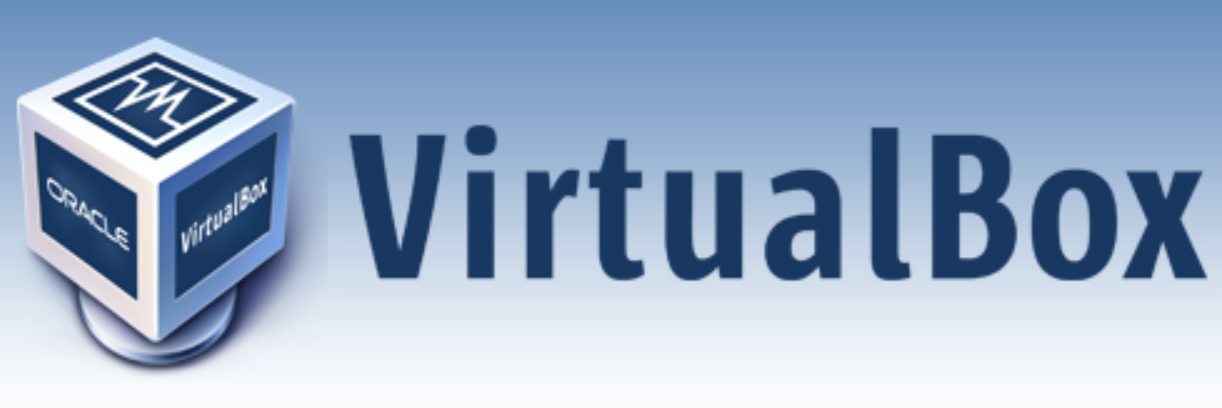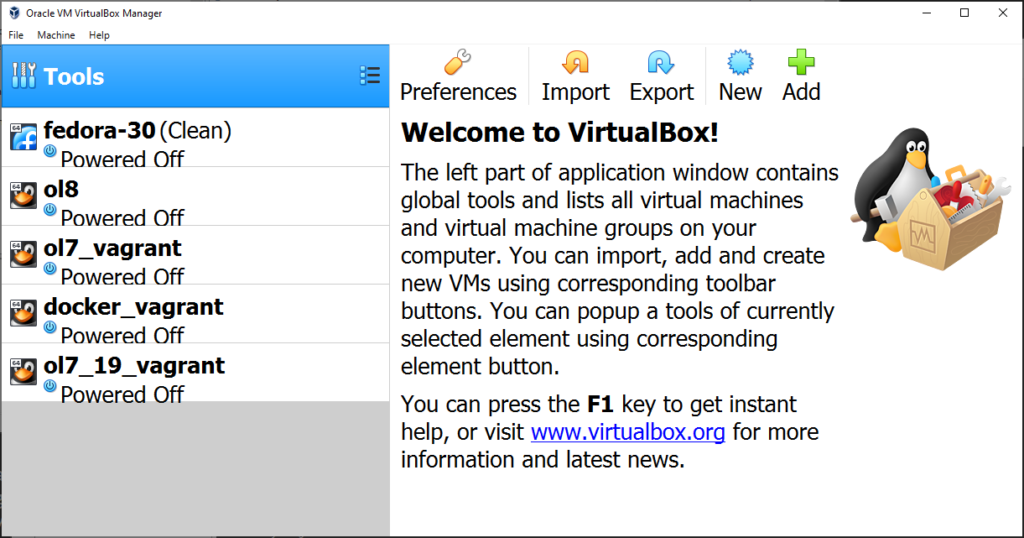Here’s my entry for OGB Appreciation Day 2019…
If you’ve followed me in recent times, you’ve probably heard me say something like this.
“Infrastructure is dead. It’s all about the platforms baby!”
I might not have added the “baby” though. 🙂
This may seem like an unusual statement for someone that has been involved in infrastructure for most of their working life. So what gives? I think this is a natural progression for someone like me.
Automatic Updates
I’ve always pushed to move to the latest and greatest version of things. I push upgrades and patches quite aggressively. I always want people to be using the latest versions, and the latest features on those versions if possible. That can be problematic for people who don’t no-life this tech game.
Using a platform, where it’s someone else’s responsibility to keep the platform up to date, is great. Without it, welcome to technical debt town, population you!
Reducing Complexity
Life is getting more complex, not simpler. Take a look at something like the CNCF landscape and tell me how confident you are putting together a bunch of those projects to deliver a production system. There is some great stuff there, but I would be very worried if someone put me in charge of that. Sure, things like OLCNE will make things easier, but it’s still going to be scary. Why would I put myself through that stress if there is a service/platform built on that, and I can get all the benefits, without the hassle? I wouldn’t.
I don’t know how to build a car, but I can drive one. I want a platform that lets me drive, without having to build, or in some cases even understand what’s under the hood…
Take the robot out of the human
I’m not sure who came up with this phrase, but I hear it all the time, and I’ve started to use it all the time. I’m a fan of automation, but for many people the transition from manual build to automated build is really hard. One of the bonuses of good platforms is they come with automation built in.
Even when you can’t do conventional automation, Robotic Process Automation (RPA) tools like UiPath can allow you to automate existing manual tasks to make them automatic, or semi-automatic.
Clearly this is not just about platforms and cloud, but for a lot of people they need a sufficiently big push to get them moving. For some a cloud project and adoption of platforms may will be that push.
There are lessons to be learned
You need to be at least trying platforms and cloud services because they alter your approach to things. It’s very easy to get set in your ways and do things the same every time. My copy/paste foo is strong too!
When you start to play around with platforms and services you will start to rewire you brain and it will alter the way you approach tasks, and alter your expectations from yourself and others. My “definition of done” is a lot different now than it was before I started using services.
Even if you stay on-prem, you should be aiming to emulate the experience of cloud, because it’s what your users expect, or will come to expect.
And nothing can go wrong!
Believe me, I know what can go wrong. I have first-hand, and ongoing experience of what can go wrong, but it still doesn’t alter my opinion that this is the correct course of action.
A little something I’ve said in a few conversations goes something like this. People that work in technology are often into science fiction. When the captain of the USS Enterprise asks, “Computer, what is the composition of that nebula?”, they don’t expect the computer to answer with, “I can’t give you the answer. Someone needs to extend a tablespace!” How can some of us be so into the science fiction future, yet be so committed to a zero-change policy where our systems are concerned? It doesn’t compute for me.
Unless you are working for a cloud provider, I think you’ve got to move beyond the obsession with “internals” and focus on adding value to the business. We need to elevate our focus…
Where do I start?
If you are reading this you are probably an Oracle developer or DBA, so a good place to start would be the Free Tier on Oracle Cloud. Dip your toe in the water. If you like it, maybe this will be the start of something big for you!
Cheers
Tim…






